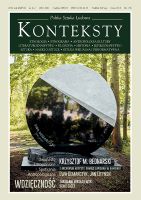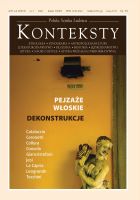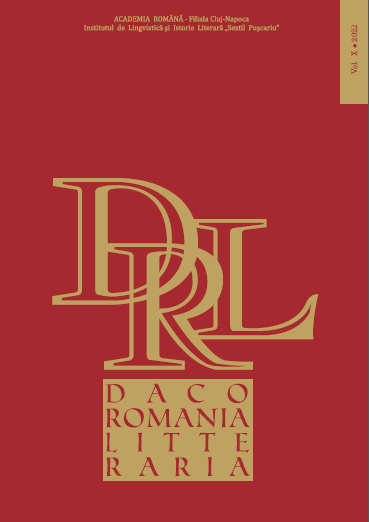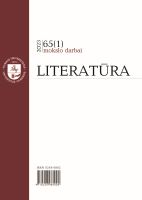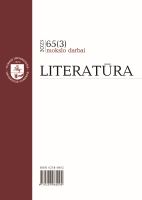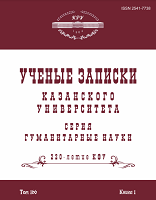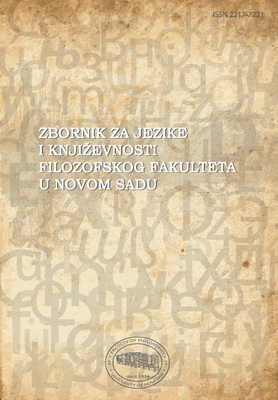
ЖЕНСКО ПИСМО (ОД ВИРЏИНИЈЕ ВУЛФ ДО ЏУДИТ БАТЛЕР)
The introductory section of this paper points to some of the divisions which appear in the feminist thought, with a particular attention to the elements that mark the beginning and the further course of attempted theoretical generalizations of the uniqueness of women writers and the so-called women’s emotionality expressed in their writings. Faced with the impossibility of finding a generally accepted definition of feminist poetics, which in the spirit of post-structuralism becomes fluid, inconsistent and conformed to a variety of ideas, the paper tries to follow the evolution of the term ‘women’s writing’ through the writings of the most important authors belonging to this kind of activism who think and create in the context of certain philosophical, psychoanalytical and ideological correlatives.
More...
